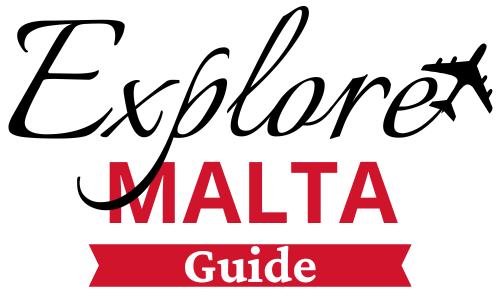If you want to understand Malta, look no further than its language. The history about the Maltese language tells the story of a small island shaped by centuries of conquest, culture, and connection. Unlike any other national language in the European Union, Maltese is a Semitic language written in the Latin alphabet, with deep roots in Arabic but layered with Italian, English, and even French influence. Today, it’s not unusual for Maltese people to speak three languages fluently: Maltese, English, and Italian.
History about the Maltese language: A Semitic Core with Mediterranean Flair
The origins of the Maltese language trace back to the 9th century, when Arab settlers brought a form of North African Arabic to the island. This evolved over time, absorbing vocabulary and grammar from each new wave of rulers and neighbors. While the core remains Semitic in structure, roughly a third of the vocabulary comes from Italian or Sicilian, and modern Maltese includes a noticeable number of English loanwords.
From Spoken Dialect to National Language
For centuries, Maltese existed mostly as a spoken tongue. Latin and later Italian dominated in administration, education, and literature. However, by the 19th century, growing national identity movements began to elevate Maltese from street corners to the classroom. It gained official status in 1934—alongside English—and became a symbol of cultural pride and independence, especially during Malta’s push for sovereignty in the 20th century.
A Trilingual Society
Although Maltese is the national language, English remains an official language as well. Italian, once dominant in elite and religious circles, is still widely understood and spoken. As a result, many Maltese people move seamlessly between the three in daily life, making the island one of the most linguistically flexible societies in Europe.
Language as Living History
The history about the Maltese language is more than just etymology. It’s a reflection of Malta itself: complex, layered, and proudly unique. In every sentence spoken, you’ll hear echoes of conquest, trade, survival, and resilience.
